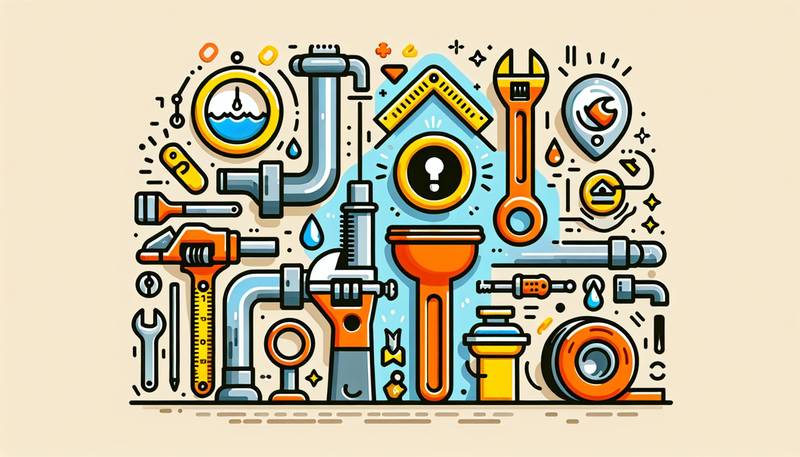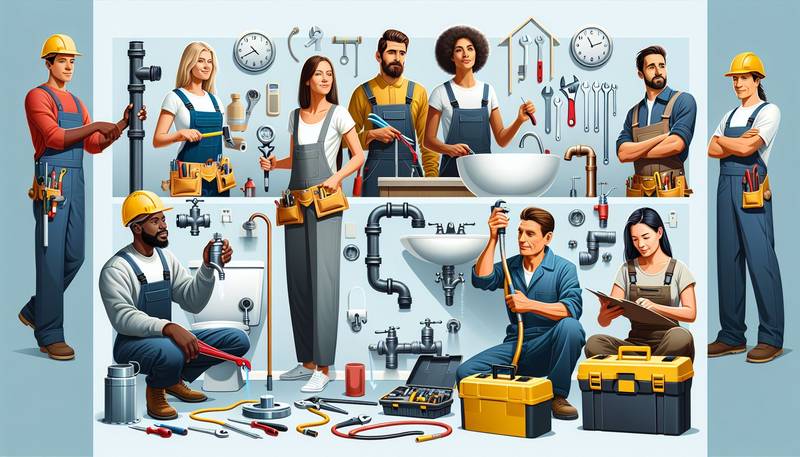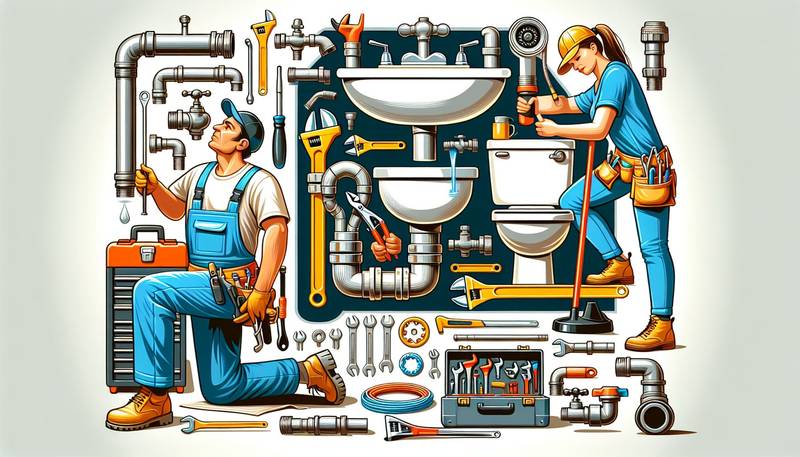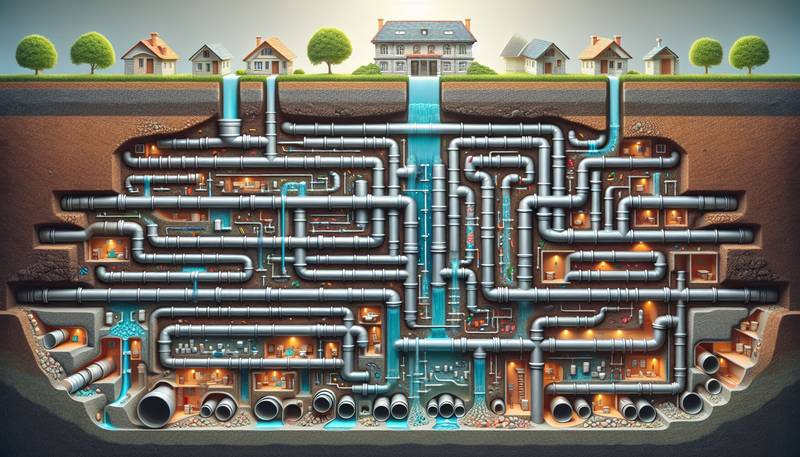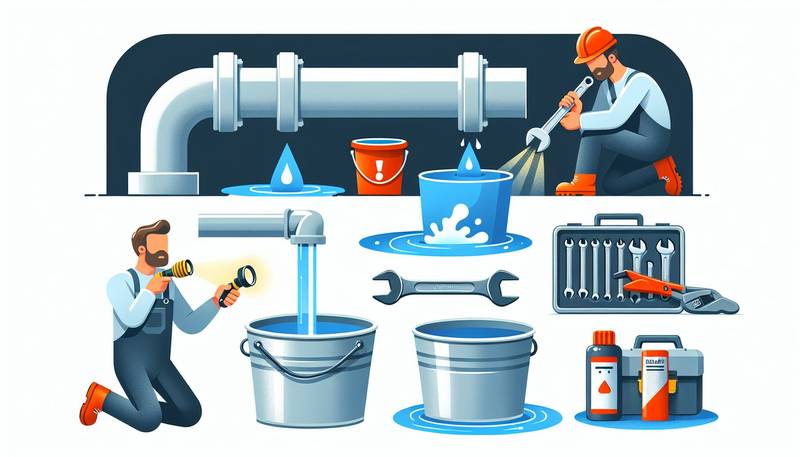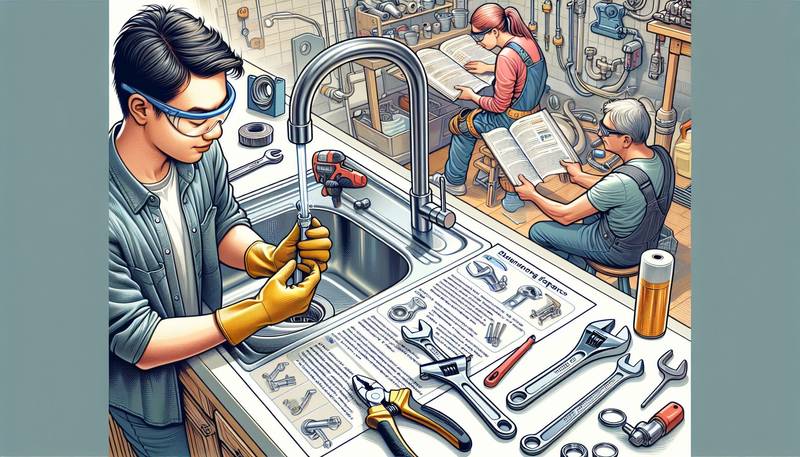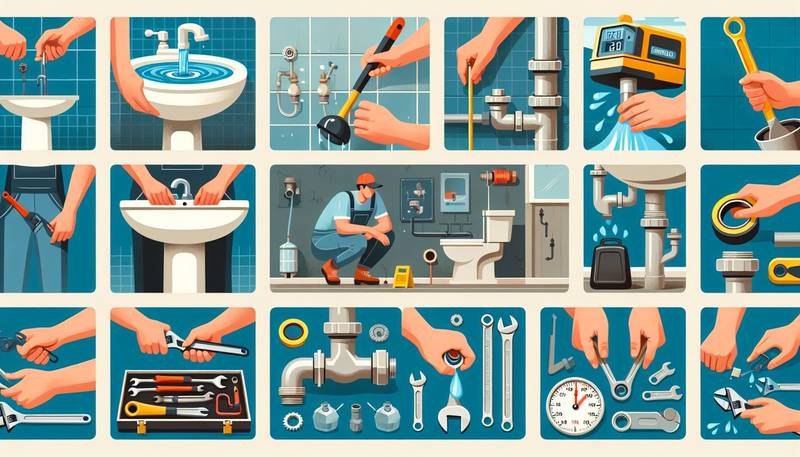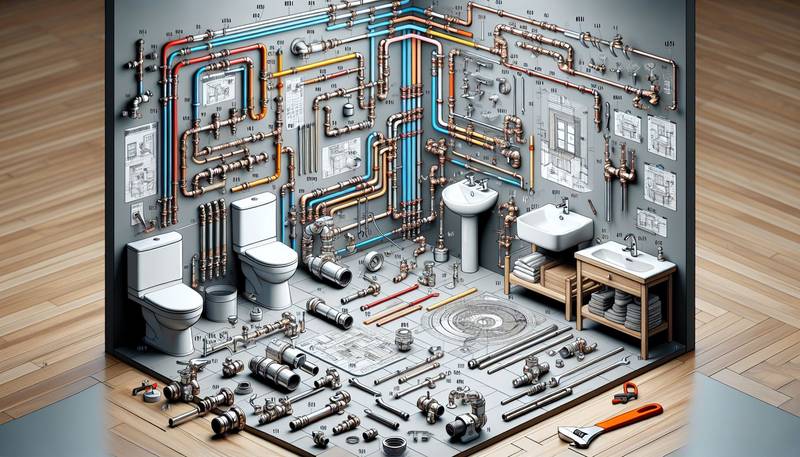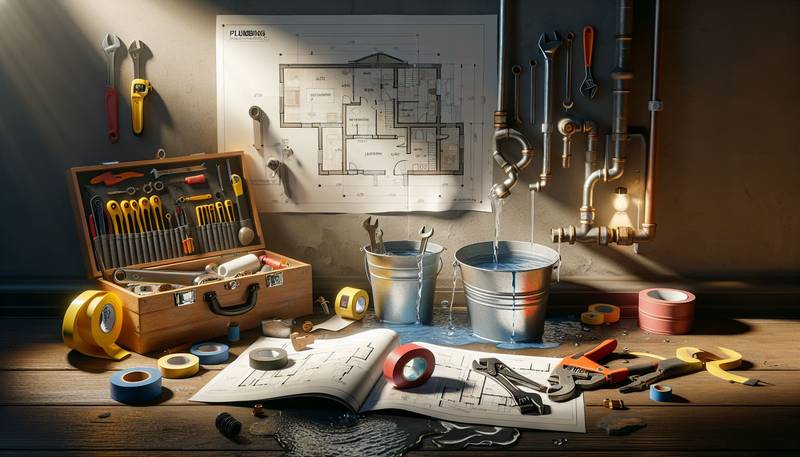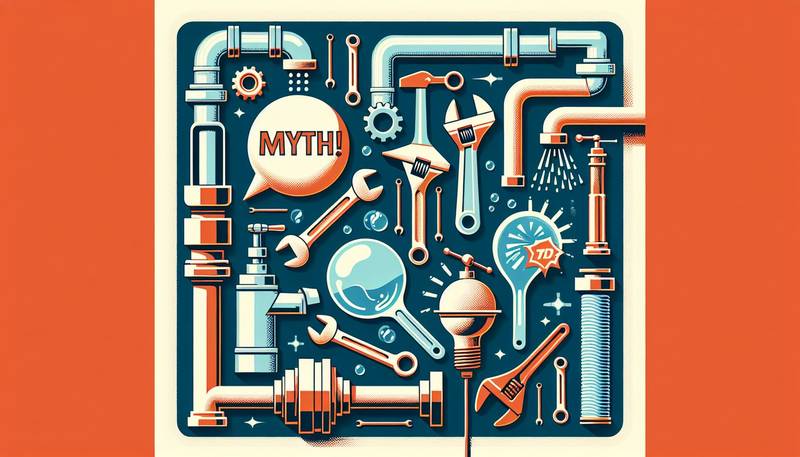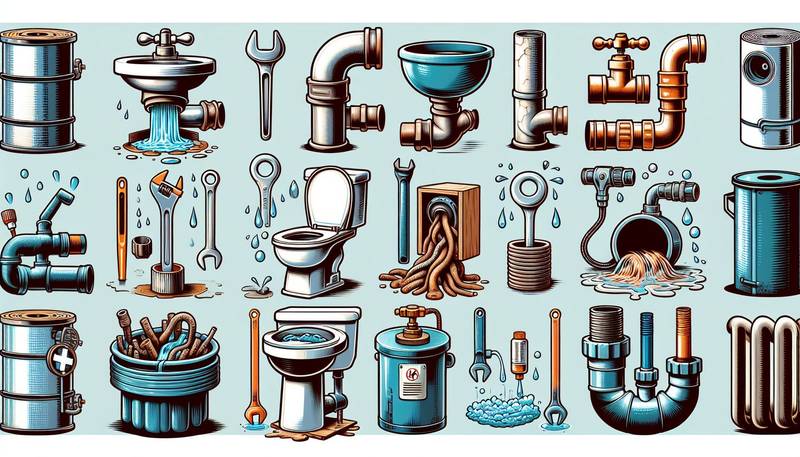How to Prevent Common Plumbing Problems in Your Home
However, by taking some preventative measures, you can help avoid these common plumbing problems and keep your home in tip-top shape.
Importance of Regular Maintenance
Regular maintenance is crucial for preventing plumbing problems in your home. It's essential to stay proactive and keep an eye on the condition of your plumbing system. Check for leaks, inspect pipes for signs of corrosion or damage, and ensure all fixtures are in good working order. Being vigilant with maintenance can help you catch potential issues early on before they escalate into costly repairs.
Preventing Clogs
Clogged drains are a common plumbing issue that can be easily prevented with some simple habits. Avoid pouring grease, oil, or food scraps down your drains, as they can solidify and cause blockages. Use a hair catcher in your shower or bathtub to prevent hair and other debris from clogging the drain. Regularly cleaning out your drains with a mixture of vinegar and baking soda can also help prevent clogs and keep your plumbing system running smoothly.
Monitoring Water Pressure
High water pressure can put strain on your pipes and fixtures, leading to leaks and other plumbing issues. Invest in a water pressure gauge to monitor the pressure in your home regularly. If you notice the pressure consistently running above 80 psi, consider installing a pressure regulator to maintain it at a safe level. Properly managing water pressure can help extend the life of your plumbing system and prevent costly damage.
Insulating Pipes for Winter
Frozen pipes are a common plumbing problem during the colder months, which can cause pipes to burst and result in water damage in your home. To prevent this, it's essential to properly insulate any exposed pipes in unheated areas such as basements, attics, and crawl spaces. You can use foam pipe insulation or heat tape to protect your pipes from freezing temperatures. Taking these precautions can help you avoid the headache of dealing with burst pipes and water damage.
Addressing Leaks Promptly
Even a small leak can quickly escalate into a major plumbing issue if left unattended. Regularly inspect your home for any signs of leaks, such as wet spots on walls or ceilings, damp cabinets, or water stains. If you notice a leak, it's crucial to address it promptly to prevent further damage to your property. Contacting a professional plumber to repair the leak can save you time, money, and the hassle of dealing with a larger plumbing problem down the line.
Conclusion
By following these preventative measures and staying proactive with maintenance, you can help avoid common plumbing problems in your home. Remember the importance of regular maintenance, preventing clogs, monitoring water pressure, insulating pipes for winter, and addressing leaks promptly. With a little effort and attention to detail, you can protect your home from costly plumbing repairs and ensure your plumbing system is in top-notch condition. Stay proactive, stay vigilant, and keep your plumbing system running smoothly for years to come.
